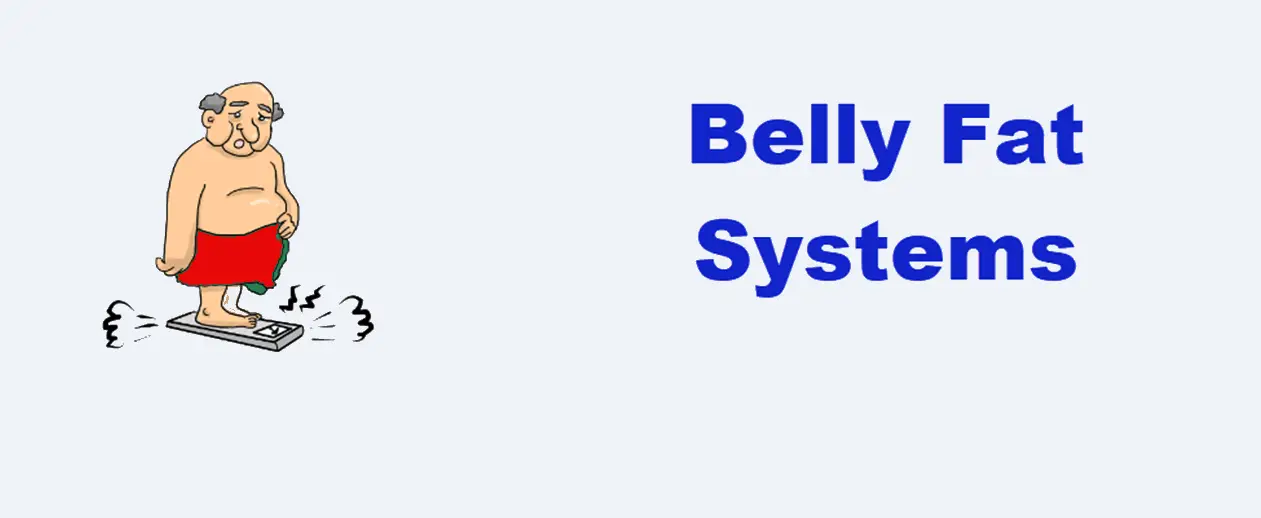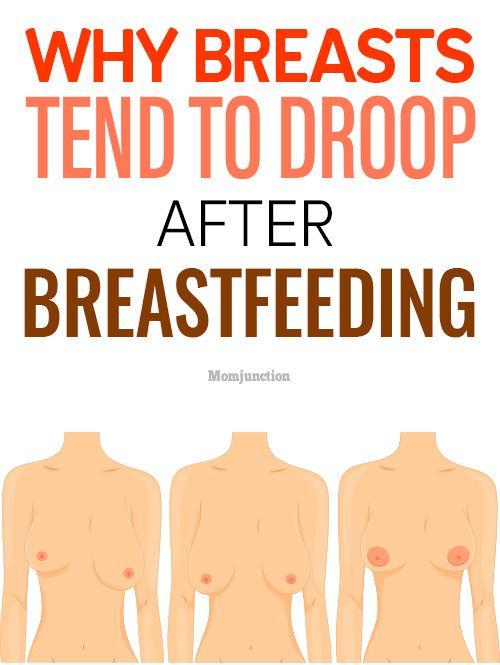Belly fat after stopping breastfeeding can result from a number of factors. The extra calories you consume during pregnancy are burned during breastfeeding, so you may have gained extra weight during this time. Additionally, you may have increased calorie intake and less exercise, which contribute to your weight gain after breastfeeding. This article will discuss these factors and how they can affect your body’s weight. Once you’ve finished breastfeeding, you should consider making some lifestyle changes to maintain your figure.
Increased calorie intake
The first six months after delivery of your baby are the most crucial months to lose belly fat. Your body is still developing and requires extra calories, so it’s crucial that you stick to a proper diet plan to lose the weight. Your BMR is determined by your BMI before pregnancy and the level of your activity. A typical woman needs about 2,000 calories a day, so adding about 400 to 500 more calories a day will help you maintain your weight.
Your appetite may increase during the breast-feeding period, so you may end up overeating. However, don’t ignore your hunger. The extra calories are needed to produce milk. Cutting back on your intake or ignoring it might affect your milk supply. Your body needs these extra calories to release milk, so you need to avoid eating more than 400 calories per day. Breastfeeding will also help you lose those last few pounds.
Lack of exercise
While hormonal changes are rarely the cause of increased belly fat after stopping breastfeeding, a new mother’s body will be accustomed to a higher calorie intake. Breastfeeding mothers’ menstrual cycle will restart and eating habits may have increased, too. In addition to increased calorie intake, breastfeeding causes a slowdown in the metabolism of fat. A new mother should take steps to increase her physical activity.
New mothers should eat fewer carbohydrates and increase their intake of whole grains and proteins to boost their metabolisms. Besides reducing the carbohydrate intake, new moms should also exercise to boost their metabolism. They should drink a lot of water to stay hydrated. Mood swings are common for new mothers, because of the hormones in their bodies. While breastfeeding helps a mother stay calm and relaxed, it also causes a drop in prolactin, which is the hormone responsible for making milk.
Changes in nipples
After discontinuing breastfeeding, women may notice changes in their nipples. Nipples may darken and become slightly more visible. Montgomery’s tubercules, the pouches at the base of the nipple, and areola may also increase in size. All of these changes are normal, but some women may notice that the breasts are unevenly shaped or even slightly misshapen. These changes are not caused by breastfeeding, but are a result of the body’s natural milk-production process.
While breastfeeding will help your nipples return to their normal size, many women may also notice a change in color. As breasts are the most prominent sign of pregnancy, they will change color slightly and lighten. This change is caused by changing hormone levels. Many women do not experience their periods while exclusively breastfeeding. Once breastfeeding is stopped, however, menstrual cycles will return to normal. If you want to avoid pregnancy, you can try the Lactational Amenorrhoea Method, an effective birth control method.
Effects of lactation on weight gain
After you stop breastfeeding, you’ll likely gain some weight, and that’s totally normal. Breastfeeding throws your body’s signals out of whack, so you’ll need to reprogram it to reset its hunger cues. This means eating more than you normally would, and your portion sizes will probably be larger than usual. Additionally, your metabolism will be more likely to slow down after you’ve stopped nursing, making you more likely to gain weight.
When you stop breastfeeding, you may notice that your breasts don’t feel as full or as firm as they did when you were breastfeeding. Breasts may become smaller, but most people’s breasts will stay the same size. You may also develop stretch marks on your body, similar to those seen during pregnancy, but they will fade over time. There are several options for getting support for your breastfeeding struggles, including peer support groups and lactation consultants. However, your health care provider is the best resource for any questions or problems relating to your pregnancy or weight gain.




